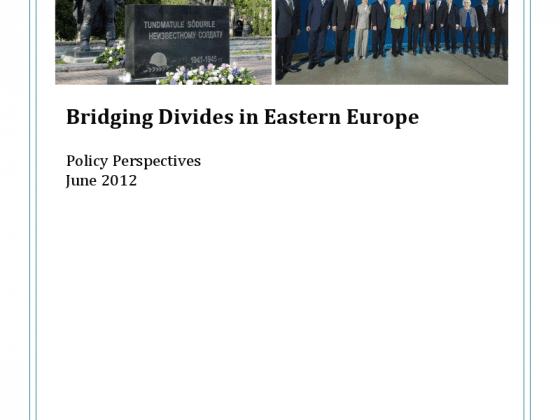The possession of rich reserves of oil and gas on their respective territories destines the Central Asian states neither for healthy market economies and democratic governance nor for the establishment of rentier economies and authoritarian rule. Rather, as we have seen in other parts of the world (such as Venezuela, Indonesia and Saudi Arabia), the economic and political outcomes in Kazakstan, Uzbekistan, and Turkmenistan clearly depend upon their strategies toward developing these resources. Likewise, although it is virtually impossible for the energyrich states of Central Asia to avoid entanglement in international affairs, whether these relations are peaceful or conflictual also depends upon the particular strategies they choose to pursue.
In sum, the present direction of the Central Asian states' respective energy development strategies have several future implications that should be of great concern to US policymakers. Central Asian strategies for energy development are increasing tensions and the potential for conflict amongst themselves as well as with outside states. More specifically, the direct and prominent role of the international community is, perhaps unwittingly, contributing to both these rising tensions and the growing potential for violent conflict in the region. […]









